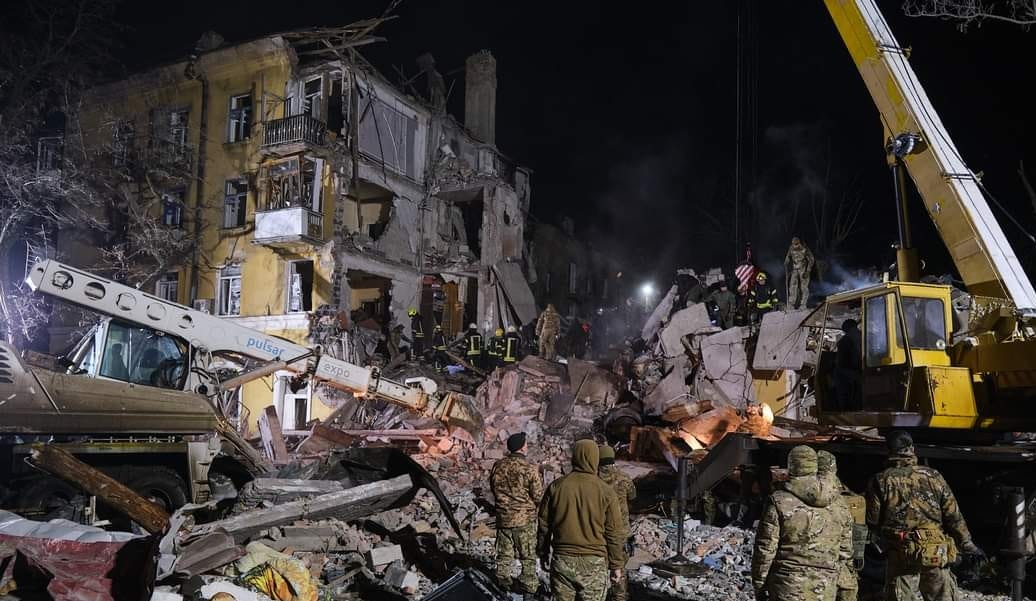Residential building in Kramatorsk (Donetsk region of Ukraine) after Russian strike with Iskander-K missile on February 1, 2023 at 21:45. Source: State Emergency Service of Ukraine, February 2, 2023.
It has become a commonplace in recent weeks: Europe is facing an unprecedented security risk. Admittedly, the abandonment of Europe by the United States see…




